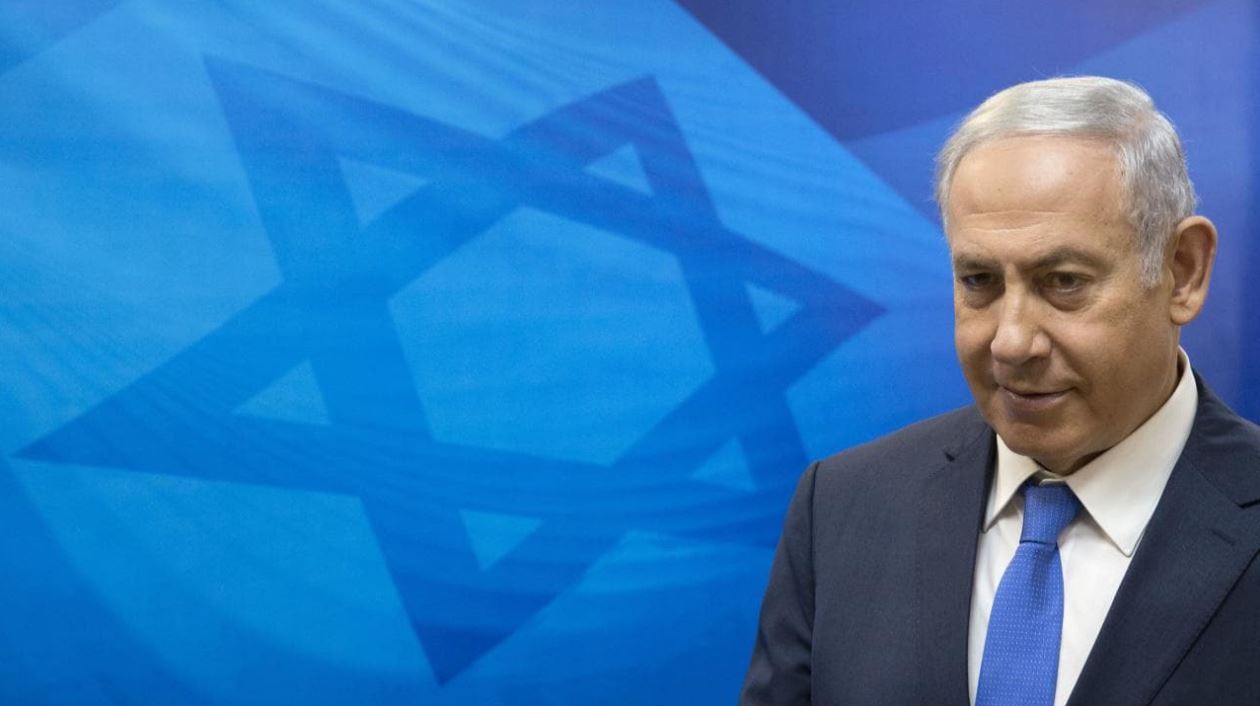The most powerful ruler in the Middle East, and one of its longest serving, may be about to enter the last chapter of his leadership. Then again, he may just survive the crisis and again outlast his enemies.
I am not talking about any hereditary monarch, military despot or one-party dictator. Rather, it is Israel’s Benjamin Netanyahu who faces on April 9 a fateful national election, and before then possible criminal indictment on corruption charges.
Israel is a small, clever, tough, extraordinary nation — a land of limitless impossibilities, as they say. And it has had giants among its leaders: David Ben-Gurion, Golda Meir, Yitzhak Rabin, legends of diplomacy like Abba Eban or Shimon Peres, and legendary military heroes like Moshe Dayan.
Netanyahu stands shoulder to shoulder with them. At a time when Western politics in many nations is falling apart, he has been the seemingly indispensable national leader for a decade, winning four elections. He is known for his national security policies but he has also presided over the birth and development of the so-called Start-up Nation, the progenitor of Nasdaq listings and patents and hi-tech everything.
He goes into the election with unemployment at barely 4 per cent and the economy growing in 2018 by well over 3 per cent, an astonishing figure for an economy as advanced as Israel’s.
Diplomatically, Netanyahu’s accomplishments are also formidable. He has taken everything that the extravagantly pro-Israel administration of Donald Trump has offered and then some. This is not without risks. It makes the maintenance of Israel’s bipartisan support in the US, among Democrats as well as Republicans, a bit harder to sustain.
Read the article by Greg Sheridan in The Australian.

